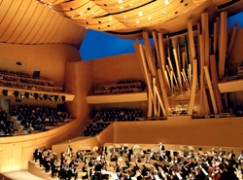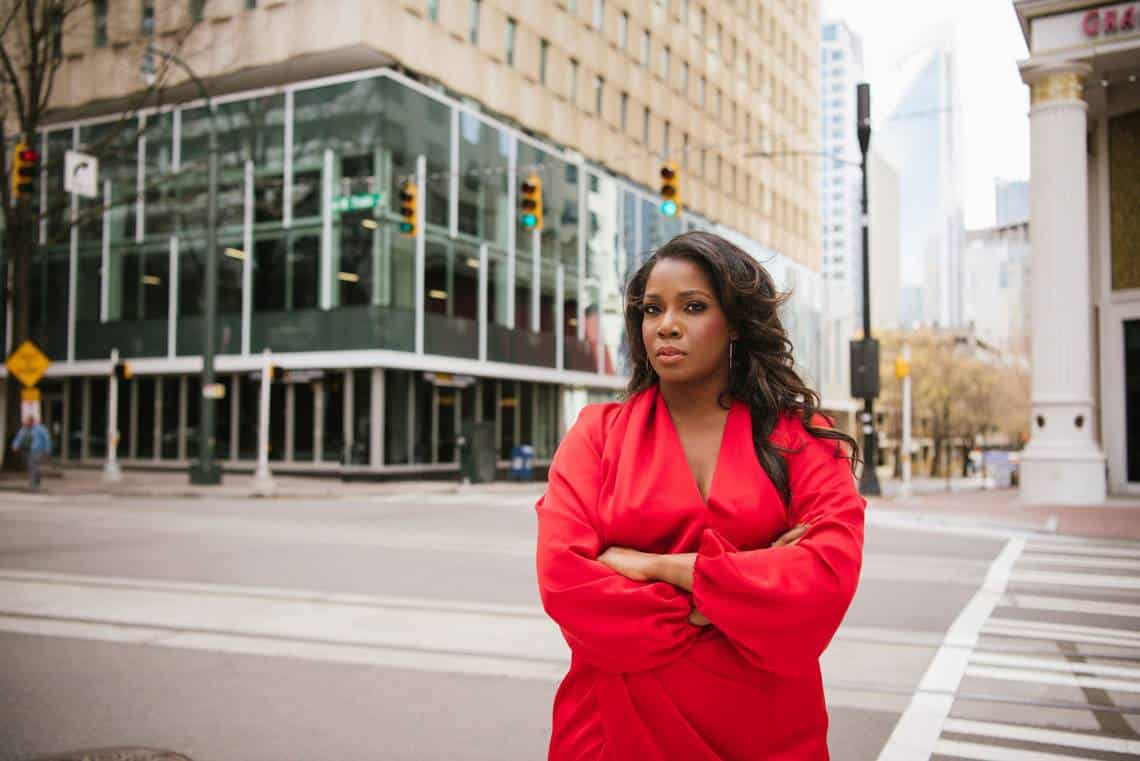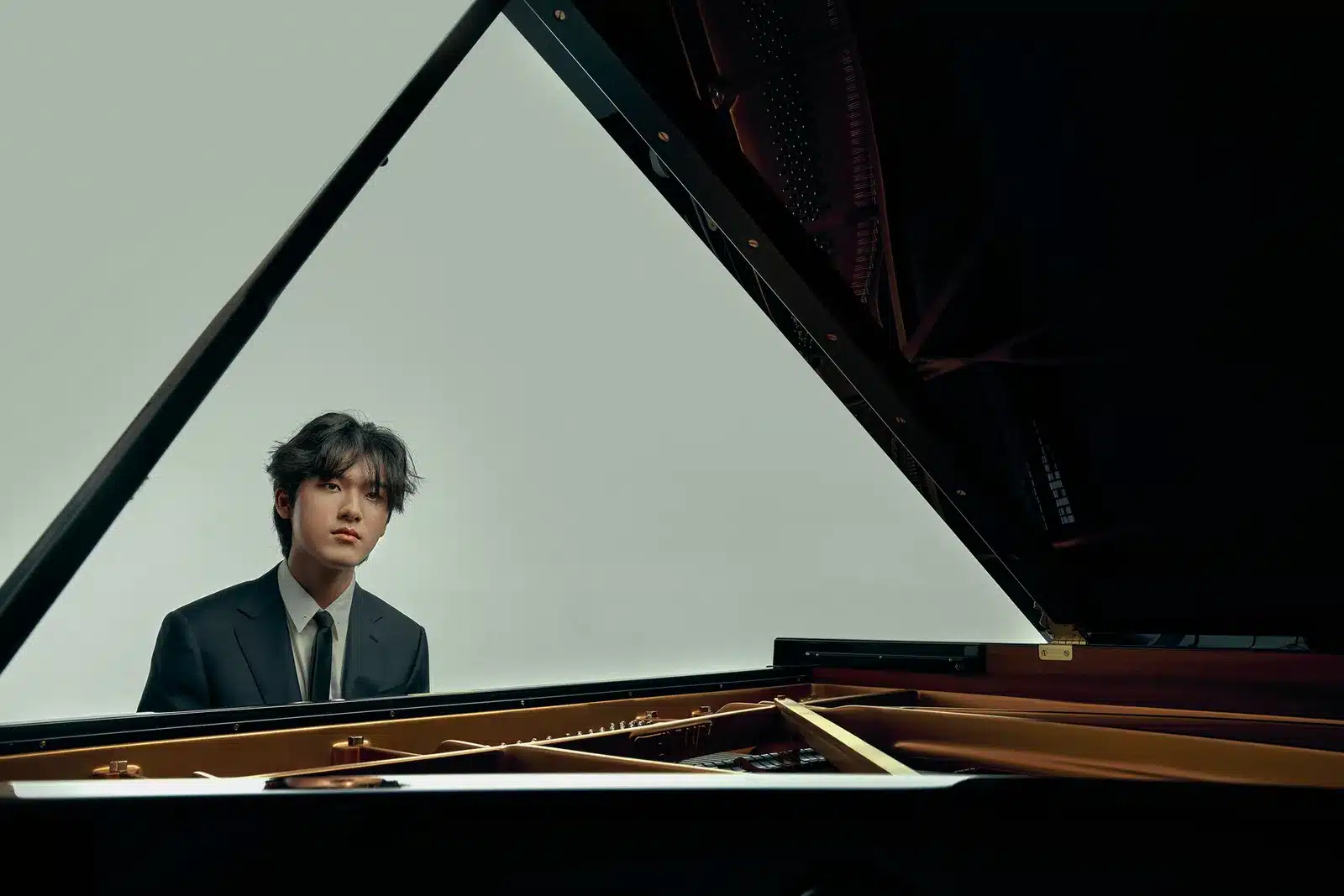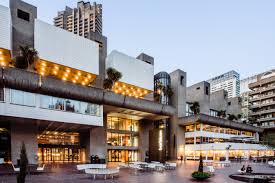Let’s hear it for classical Los Angeles
NewsLetter in the LA Times:
To the editor: How disappointing that 11 notable figures talked about a “true” Los Angeles sans palm trees and the Hollywood sign, and not one said a word on this city as a classical music capital. (“Cut the palm trees and Hollywood sign. For the 2028 Olympics, what’s the real L.A.?” Oct. 3)
The city was home to two of the most notable composers of the 20th century: Arnold Schoenberg and Igor Stravinsky. We have the Hollywood Bowl. Frank Gehry’s Walt Disney Concert Hall, home to the Los Angeles Philharmonic, is an architectural masterpiece with acoustics that make it one of the best such venues in the nation. The revival of Gustav Mahler’s music and Baroque performance practices started here.
Los Angeles is world-renowned for supporting new classical music. If the paper of record for the city wants to move away from the images of palm trees, beaches and the Hollywood sign, it needs to first acknowledge the city’s classical music heritage and current vitality, and again have regular articles and reviews on classical music by writers of the paper.
Matthew Hetz, Los Angeles






Comments